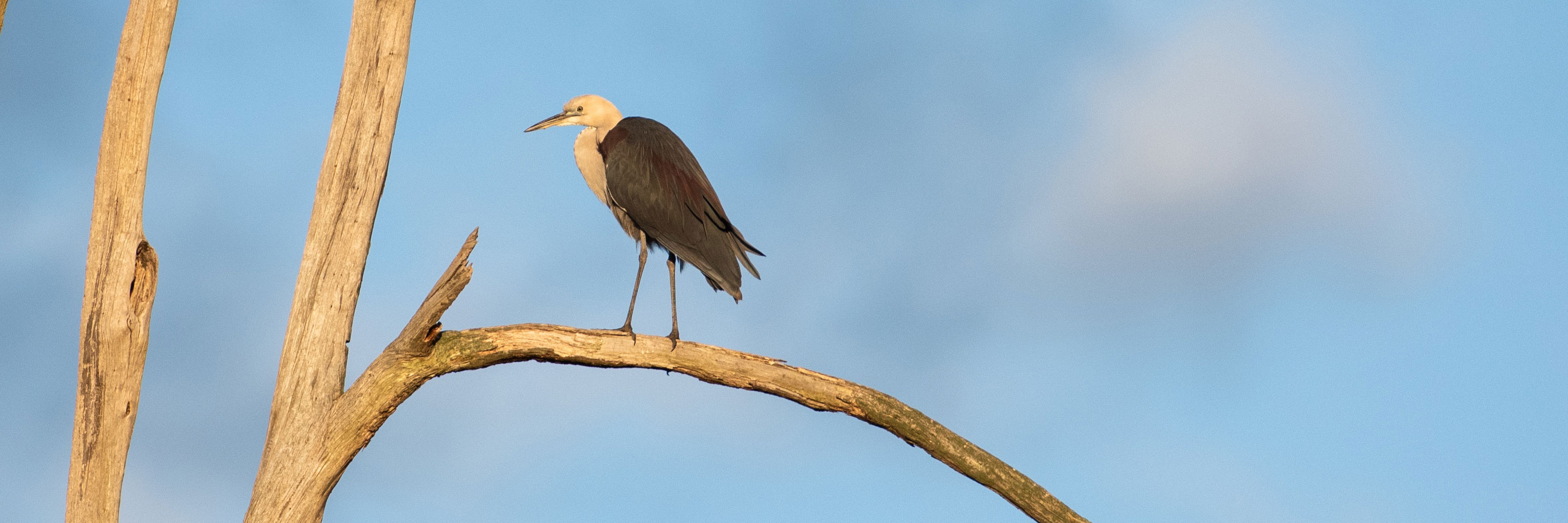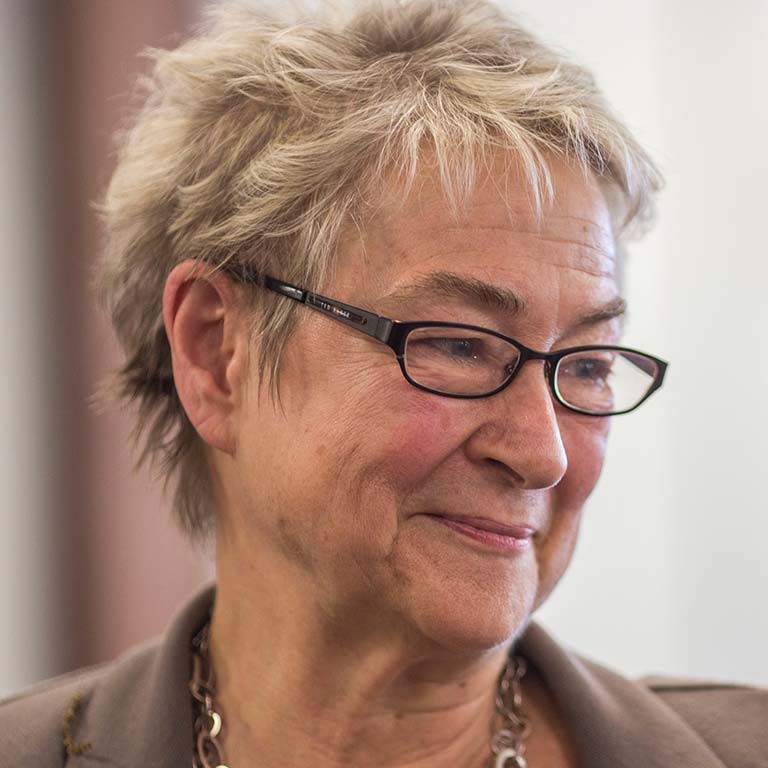North America has 3 billion fewer birds than it did 50 years ago, and the downward trends continue. Dr. Ellen Ketterson's ABEH-A 401 Special Topics in Avian Conservation: Environmental Change and Resilience will help students comprehend the magnitude of the problem, why it should be of concern, and potential solutions to the problem.
This course can be used toward the Evolutionary/Ecological Perspectives requirement for the Animal Behavior minor. This course meets with BIOL-L 410 and BIOL-Z 620.
An interview with Dr. Ketterson, a Distinguished Professor of Biology and Founding Director of Environmental Resilience Institute, is below.
Why is it important for students to take this course?
Dr. Ketterson: Earth is experiencing its 6th mass extinction, and biodiversity is in steep decline. The potential consequences are alarming, so the time to act is now. Students will learn the dimensions of the problem as seen through a series of perspectives - legal, humanistic, biological, socio-ecological as well as engage in devising solutions.
What knowledge or skills do you hope they gain?
Dr. Ketterson: Students will learn why are birds declining in numbers and diversity and what can we do.They'll also learn about ecology, evolution, and animal behavior as well as how science interacts with policy. Students will engage with why we should care about birds, what ecological services birds provide, what cultural significance they have, and how their status interacts with human well-being.
It’ll give them the opportunity to learn about bird diversity and bird biology and behavior with an emphasis on bird migration, to hear from experts from different fields who have knowledge of birds and are committed to their conservation, and to engage in critical thinking about a wicked problem and seek solutions.
What, to you, is the most interesting aspect of this course? What, if anything, do you learn from teaching it?
Dr. Ketterson: I love birds, everything about them, and I find sharing that feeling along with my knowledge of birds to be very rewarding.
I get to learn the latest information on declines in bird numbers, the latest on bird behavior, and about the extraordinary people who are working actively to preserve birds.
Are there any assignments that you are particularly excited about?
Dr. Ketterson: I hope the students will enjoy the field trip which will introduce them to local birding spots, and I also hope they will be challenged by the problem posed and be motivated to help find solutions. Students will be asked to select a species, a habitat, a geographic region and analyze specific causes of decline (window strikes, cats, pesticides, habitat loss) and potential roads to recovery.
What type of students would you encourage to take this course?
Dr. Ketterson: I hope the class will attract students who want to learn more about birds and to engage with an urgent complex societal problem that does not have easy answers.
View this course
View Themester courses




 The College of Arts
The College of Arts